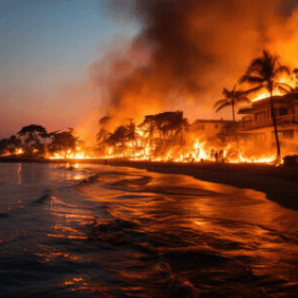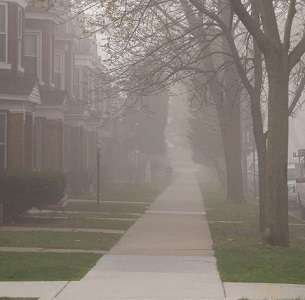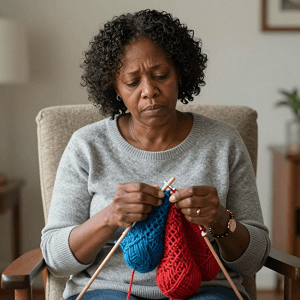University of Hawaiʻi at Mānoa researchers have initiated a long-term study to examine the health impacts of the devastating Maui wildfires, with a focus on racial and ethnic disparities. The study, led by Professors Ruben Juarez and Alika Maunakea, aims to recruit at least 1,000 Lahaina and Kula residents affected by the August 2023 wildfires. Participants will undergo annual tests for the next 5-10 years to analyze exposure to environmental hazards and long-term health outcomes.
The research emphasizes the importance of including minority groups, with at least 32% of Lahaina’s residents being foreign-born. Veronica Mendoza Jachowski, Co-Founder of Roots Reborn, a partnering organization, stated, “Monitoring the health of minority groups isn’t just important; it’s imperative.”
The study addresses pre-existing health disparities in Hawaiʻi’s multiethnic population, which may be exacerbated by the wildfires. Native Hawaiians and Filipino Americans already face higher cancer risks compared to other U.S. racial/ethnic groups. “Insights from data collected are poised to steer the state of Hawaiʻi, local organizations and policymakers in resource optimization and intervention blueprinting,” said Juarez, highlighting the study’s potential impact on disaster preparedness and community recovery.
The project, funded by a $250,000 grant from the Hawaiʻi Community Foundation, will collect various data, including surveys, anthropometric measurements, and biomarkers of stress and toxicant exposure. Registration for the study opens on January 5 at MauiWES.org. This research aims to provide crucial information for interventions and public health policies to achieve health equity among Hawaiʻi’s diverse minority populations, particularly in the aftermath of the Maui wildfires.
See “UH Mānoa launches Maui wildfire health study, invites participants to join” (January 3, 2024)



